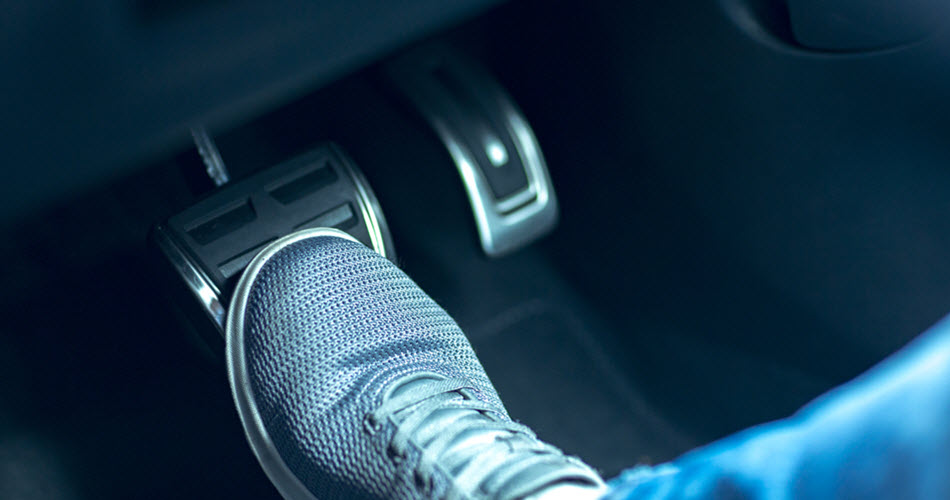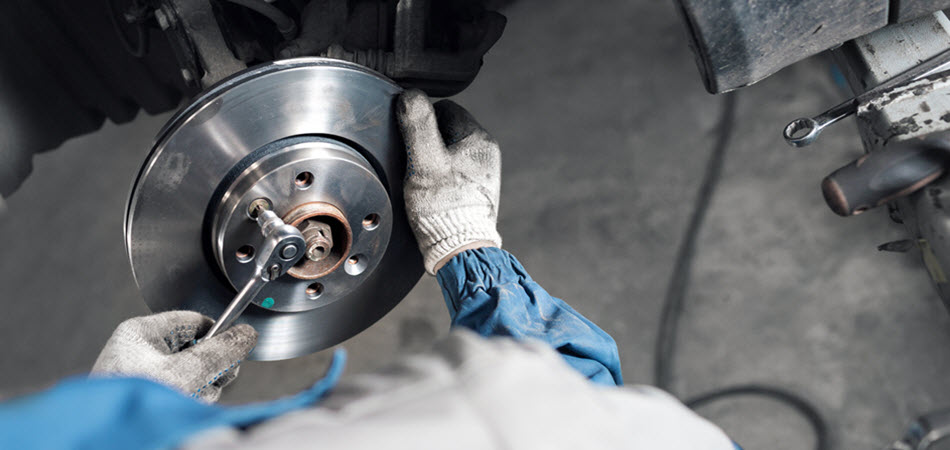Under the hood of your car, there are a number of parts that bring about the powerful performance of a vehicle such as a Range Rover. With that in mind, there are a number of parts that are actually more important than others which provide an even greater purpose to the car as a whole.
Your brakes are one of those parts. If your brakes happen to give out while you are driving, it can be a very dangerous situation for you and those around you. Therefore, keeping your brakes up to date and functioning properly should always be your first priority as a driver. Don’t ignore the common signs that indicate when it is time for a replacement.
How Do Brakes Work?
When your car is moving at any high-rate of speed, it takes intense power to slow it down. Keep in mind that your vehicle is well over a thousand pounds and made mostly of metal. The only thing that allows you to stay safe behind the wheel is your brake pedal and the brakes themselves.
When you press down on that pedal, a number of things happen. First, the brake pedal is connected to a lever that is depressed when you push your foot down. As this lever gets pushed down, a master cylinder releases hydraulic fluid through a system of pipes until they reach wider cylinders that are positioned next to the brakes of each front wheel.
The point of this hydraulic fluid is to multiply the power you exert when pressing down on the brake pedal. As you may expect, no matter how strong your legs are you cannot stop a vehicle with your own strength. Hydraulic fluid turns your strength into something strong enough to slow the vehicle down safely.
From there, the hydraulic fluid allows the brakes to clamp onto the wheels and slow their movement down naturally. However, this process can heat your vehicle’s brakes up extremely. This is why there is something known as the brake pad between the actual brake and the wheel, which is capable of withstanding those high temperatures. The brake pad is one of the main metrics mechanics look at when determining if your brakes need to be replaced.
Signs Your Brakes Need to be Replaced
Now that you know how exactly your brakes work, we need to look at the common signs that they should be replaced. Besides a mechanic noticing that your brake pads are getting low, there are key indicators you can watch out for that will tell you when it is time to take your Range Rover to the shop:
Squeaking When You Slow Down
In a vehicle with brakes working as they should, there should be next to no sound when you brake in a normal situation. However, if your brake pads are getting low, you may notice a squeaking sound whenever you try to brake. This is a major indicator that your brake pads are dangerously low and metal may actually be grinding against metal.
Vibrations When Braking
As with a lack of sound, braking should be a smooth process that is barely felt beyond the natural feeling of slowing down. If your car feels bumpy and vibrates as you try to brake, it’s possible that your brakes need to be replaced.
Longer Stopping Time
Healthy brakes stop your car quickly, but older brakes will take a longer time to slow your car due to having less friction on the wheels themselves. If your brakes need to be replaced, you may notice that the stopping time on your vehicle has changed drastically. Don’t ignore this sign when it occurs, as it is a major indicator that you need to replace your brakes.
H&A Service and Sales For Your Range Rover Needs
Here at H&A Service and Sales, we understand the importance of keeping the brakes working properly in your Range Rover. Your safety is our priority and our mission will be to get you back out on the road as quickly, yet safely as possible. We have experience working with clients all around Cobb County, Kennesaw, Woodstock, and Marietta, GA, which means that we can handle any issue thrown our way. Please come on down and visit us today to get the service your car deserves. Give us a call and schedule an appointment right away. We look forward to earning your trust and patronage.


